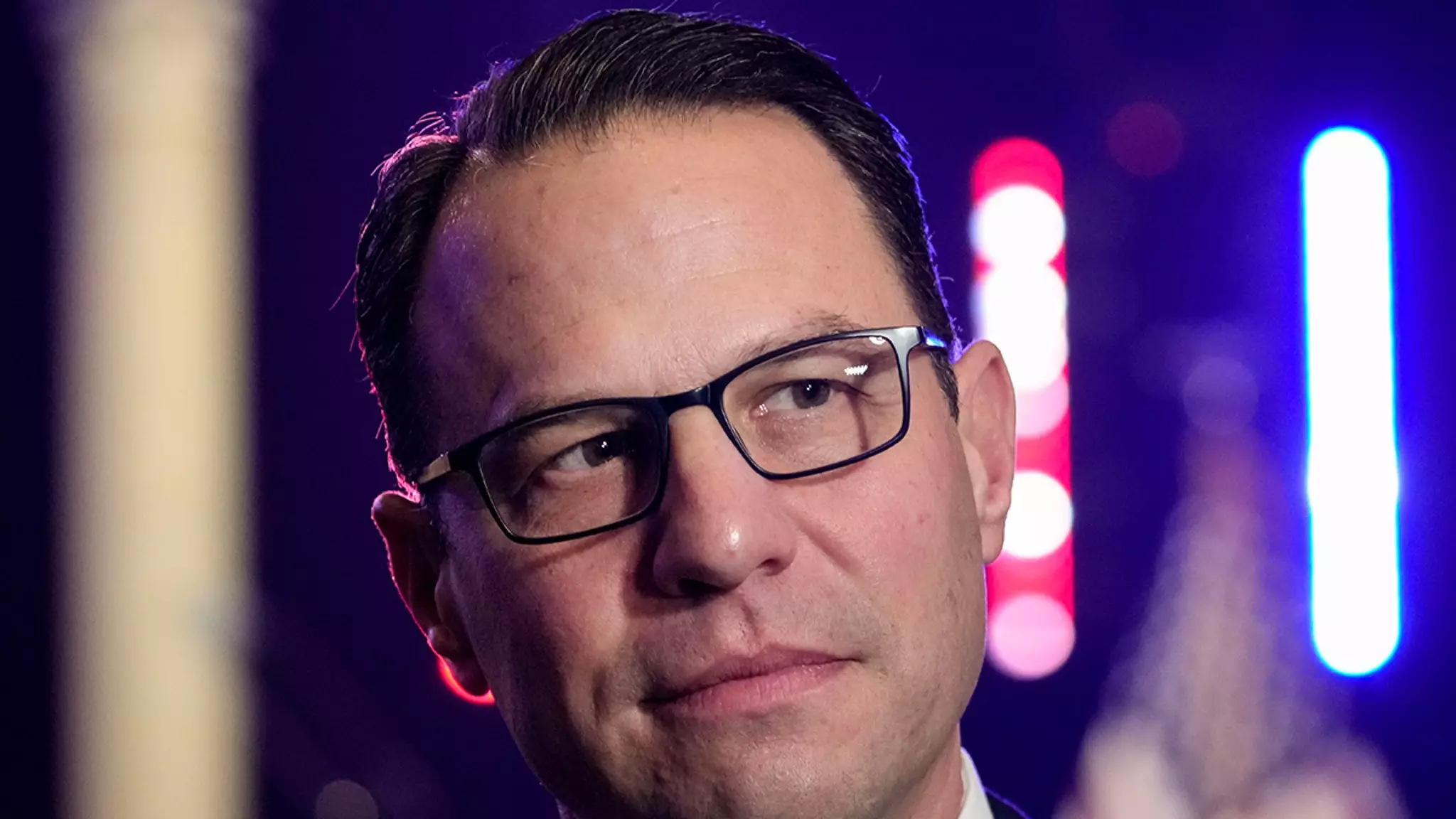The recent incident involving Pennsylvania Governor Josh Shapiro and a suspected arson attack on his residence raises alarming questions about safety, political animosity, and public discourse in the United States. Early Sunday morning, an act of premeditated violence targeted not only the governor but also his family and an additional group celebrating the Passover holiday. The swift response and the unforeseen fortuitous circumstances involving a shut door ultimately spared their lives, but what does this say about our political climate?
Fire Chief Brian Enterline noted the critical role that the closed door played in preventing the swift spread of flames into the upper quarters of the mansion where Shapiro’s family slept. This incident encapsulates a blend of misfortune and sheer luck, highlighting how seemingly trivial decisions can result in life-or-death scenarios. Had that door remained open, the consequences could have been catastrophic, turning a chaotic fire into an unspeakable tragedy.
The Catalyst of Chaos: Arson and Political Hatred
At the center of this narrative is Cody Balmer, the man accused of carrying out this horrific act. Balmer’s motivations, allegedly steeped in deep-seated hatred for Governor Shapiro, point to a disturbing undercurrent of extremism festering in contemporary society. According to reports, Balmer meticulously prepared incendiary devices and went to great lengths to carry out his malicious intentions. The idea that an individual would go to such extreme measures underlines the polarization deeply rooted in modern political discourse.
Balmer’s actions reflect a troubling trend of rising hostility toward public figures, suggesting that discontent is evolving into violence. His confession of intending to confront Shapiro and potentially harm him underscores the dangerous intersections of rhetoric and action. This situation begs the question: are we, as a society, prepared to confront the implications of our words and the ideologies we propagate?
Implications for Public Figures and Policy Reactions
The immediate aftermath of the fire and Balmer’s apprehension has sparked discussions surrounding security measures for public officials. As states grapple with the increasing threats against lawmakers, this incident could catalyze a reevaluation of how we protect those in positions of authority. It demands renewed attention to the challenges faced by public servants—not just from policy opposition, but also from violent acts fueled by ideological hatred.
Additionally, this incident serves as a stark reminder of the necessity for coherent policies that address not just violence, but the very roots of political intolerance. Is society ready to challenge the ideologies that condone or enable such behavior? The path forward must include a robust dialogue about ethical conduct in political arenas, fostering environments where dissent is expressed through dialogue rather than violence.
As the state of Pennsylvania processes this harrowing event, our collective response could shape the future of political engagement and community safety. Now, more than ever, it is crucial to probe into the psyche of society—understanding what drives people to commit acts of violence in the name of their beliefs, and how we may counter this growing tide of animosity.

